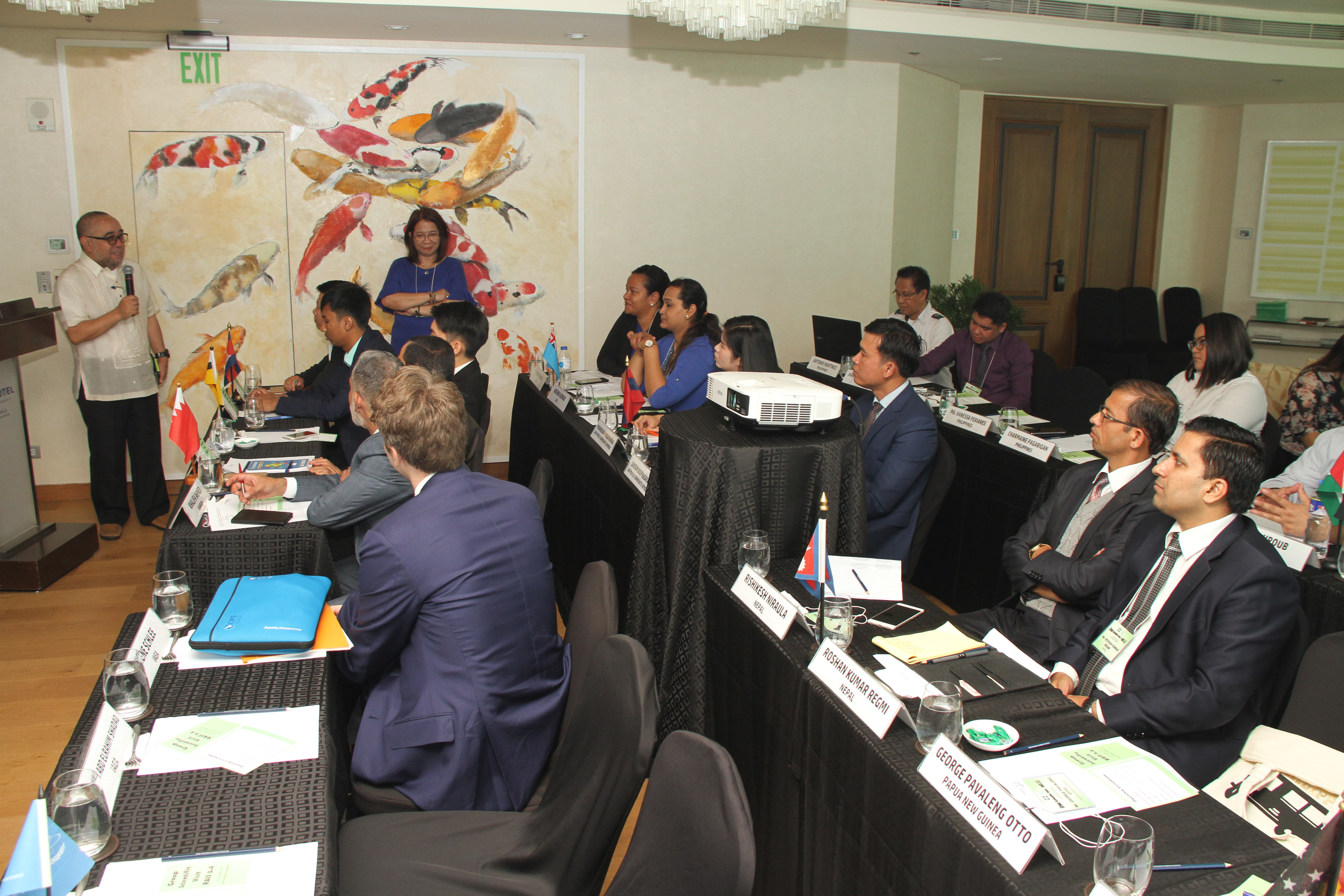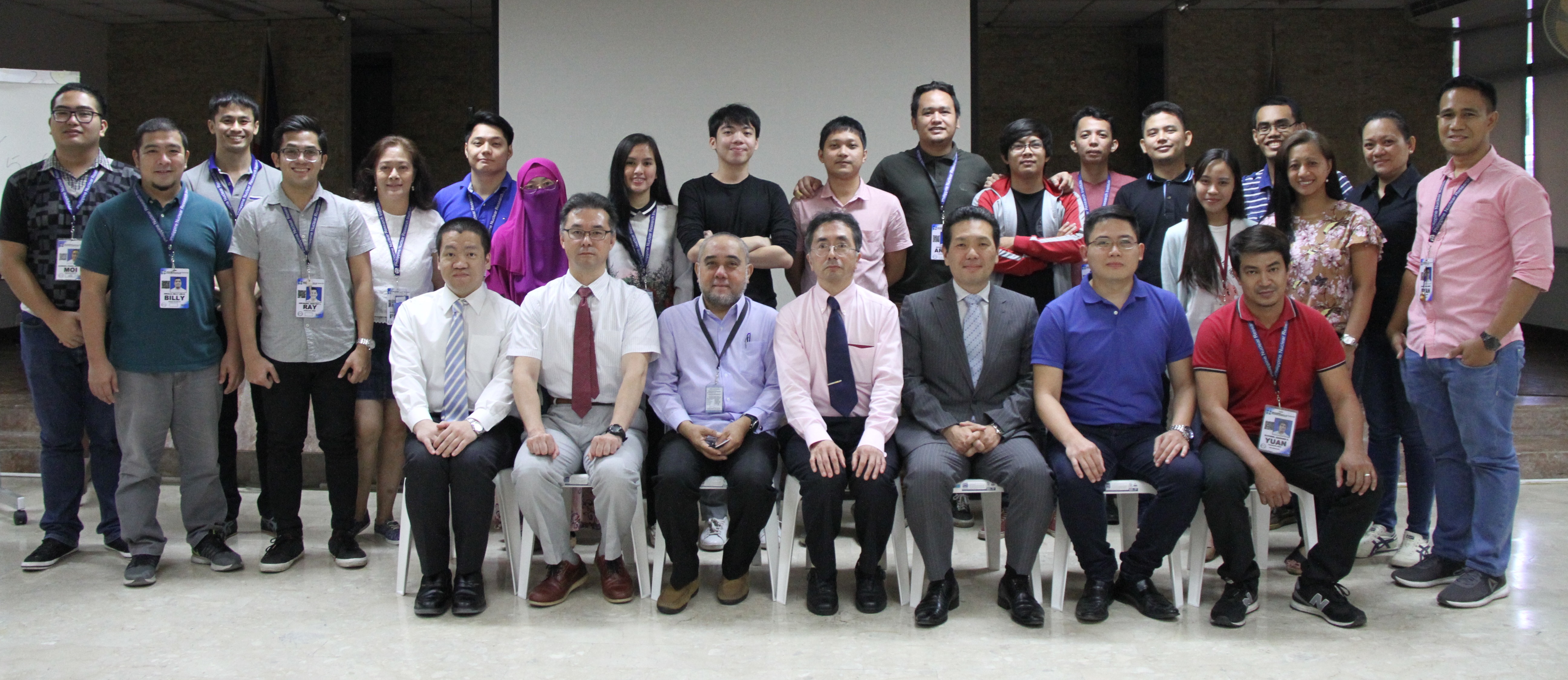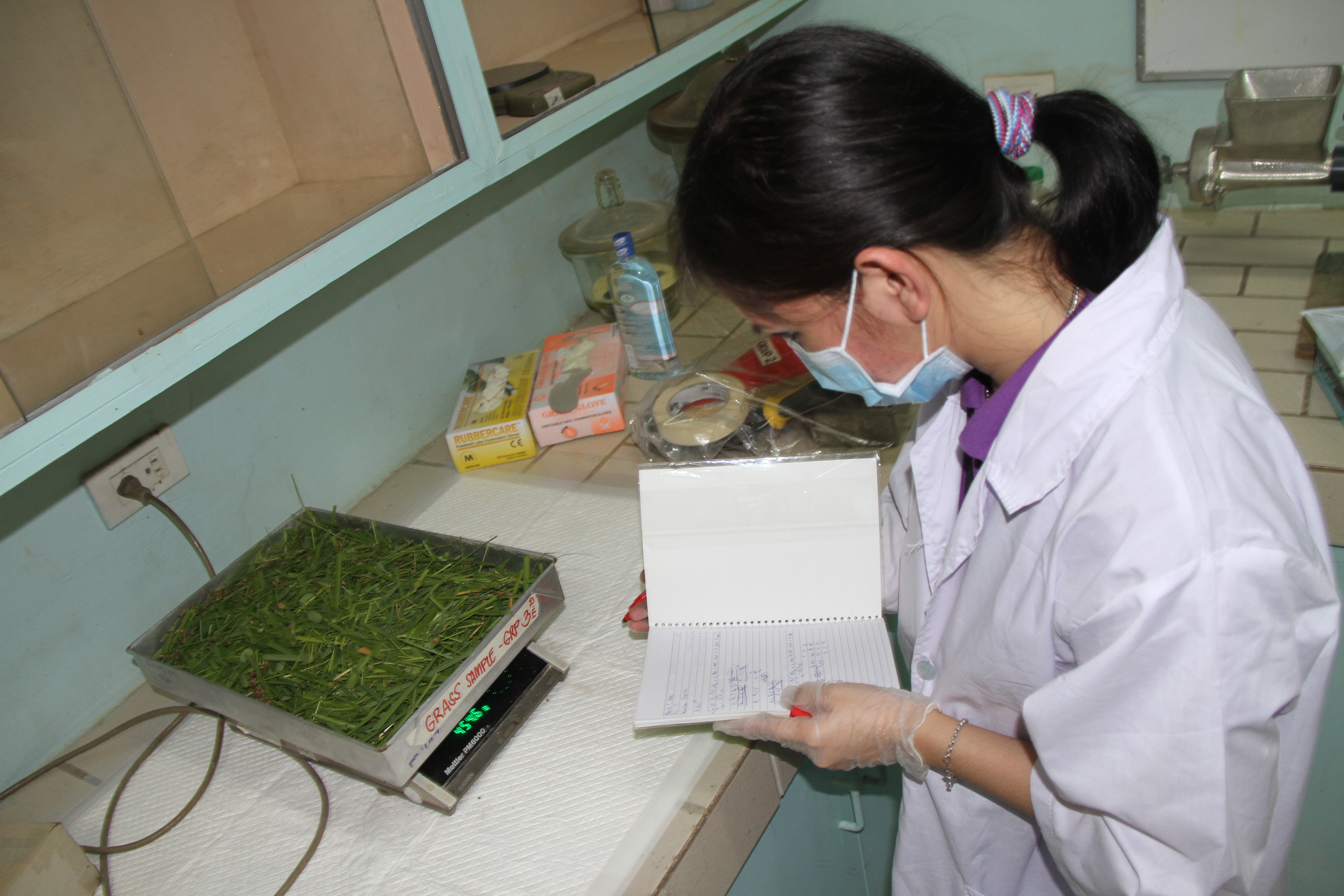IAEA Expert Lecture on Current Status and Trends in Radiopharmaceuticals
- Details

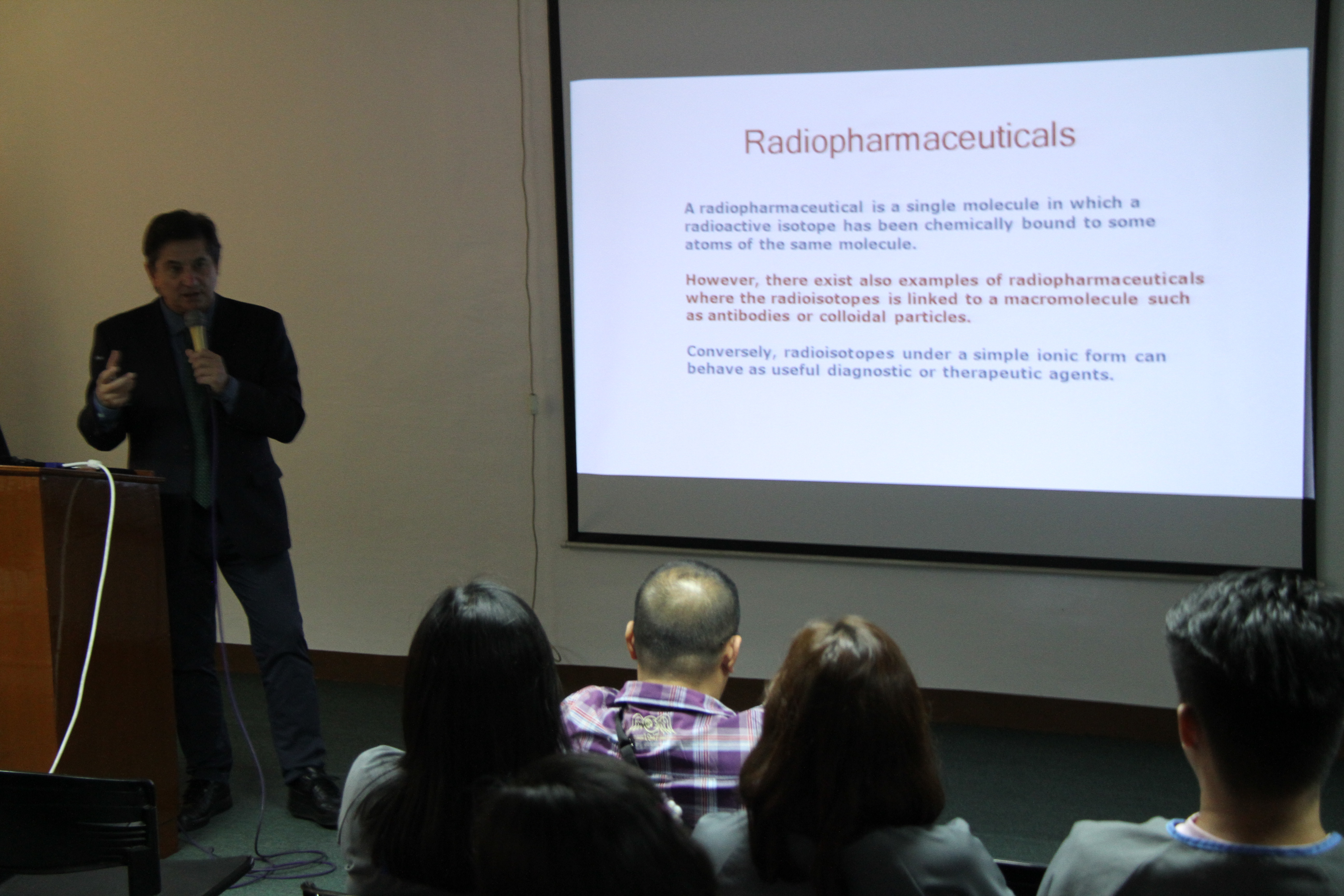
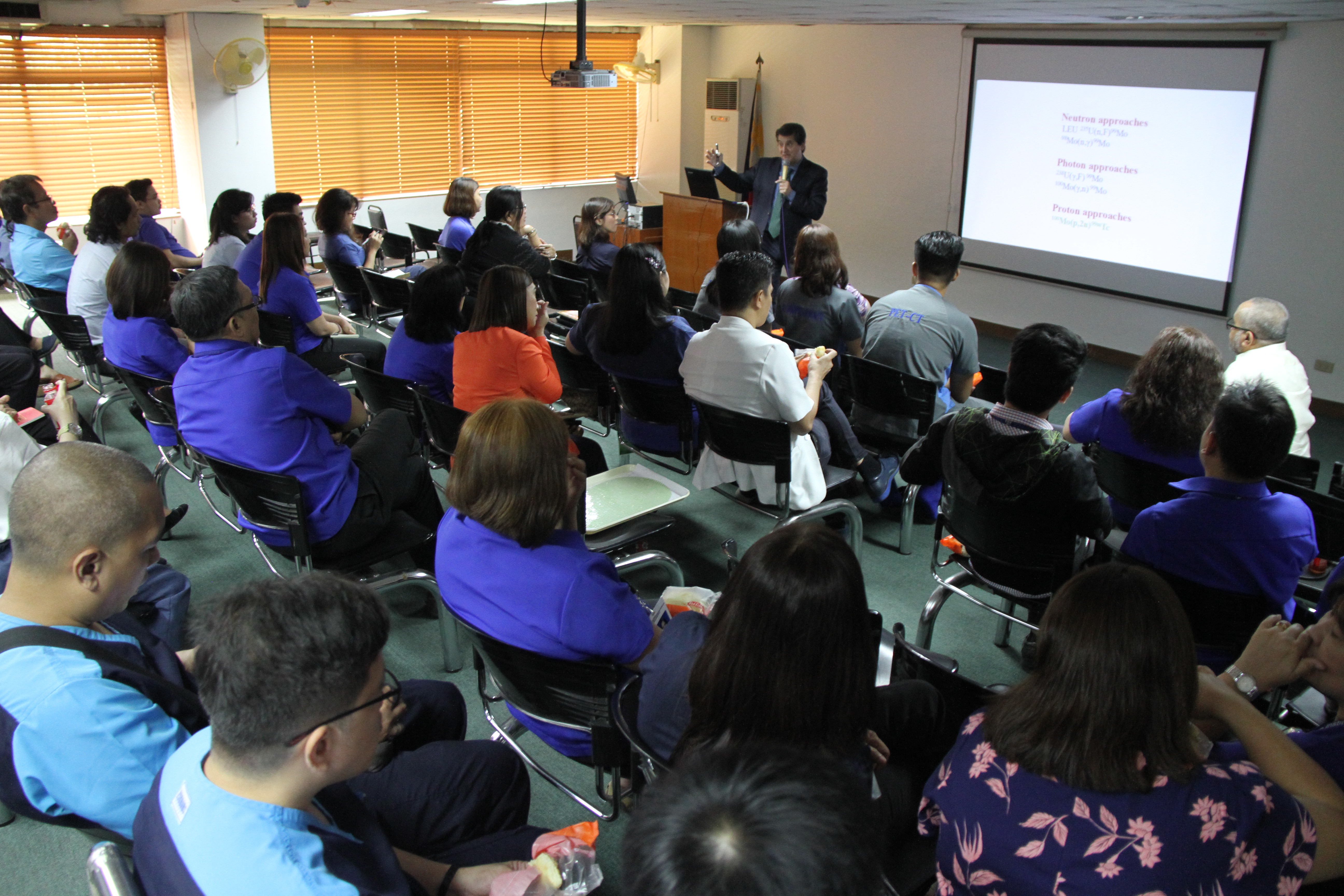
International Atomic Energy Agency (IAEA) expert Prof. Adriano Duatti from the University of Ferrara in Italy during his lecture on "Current Status and Trends in Radiopharmaceuticals for SCPECT, PET and Radionuclide Therapy" at the PNRI compound in Diliman, Quezon City.
PNRI Hosts IAEA Scientific Visit for Regulatory Authority Information System
- Details
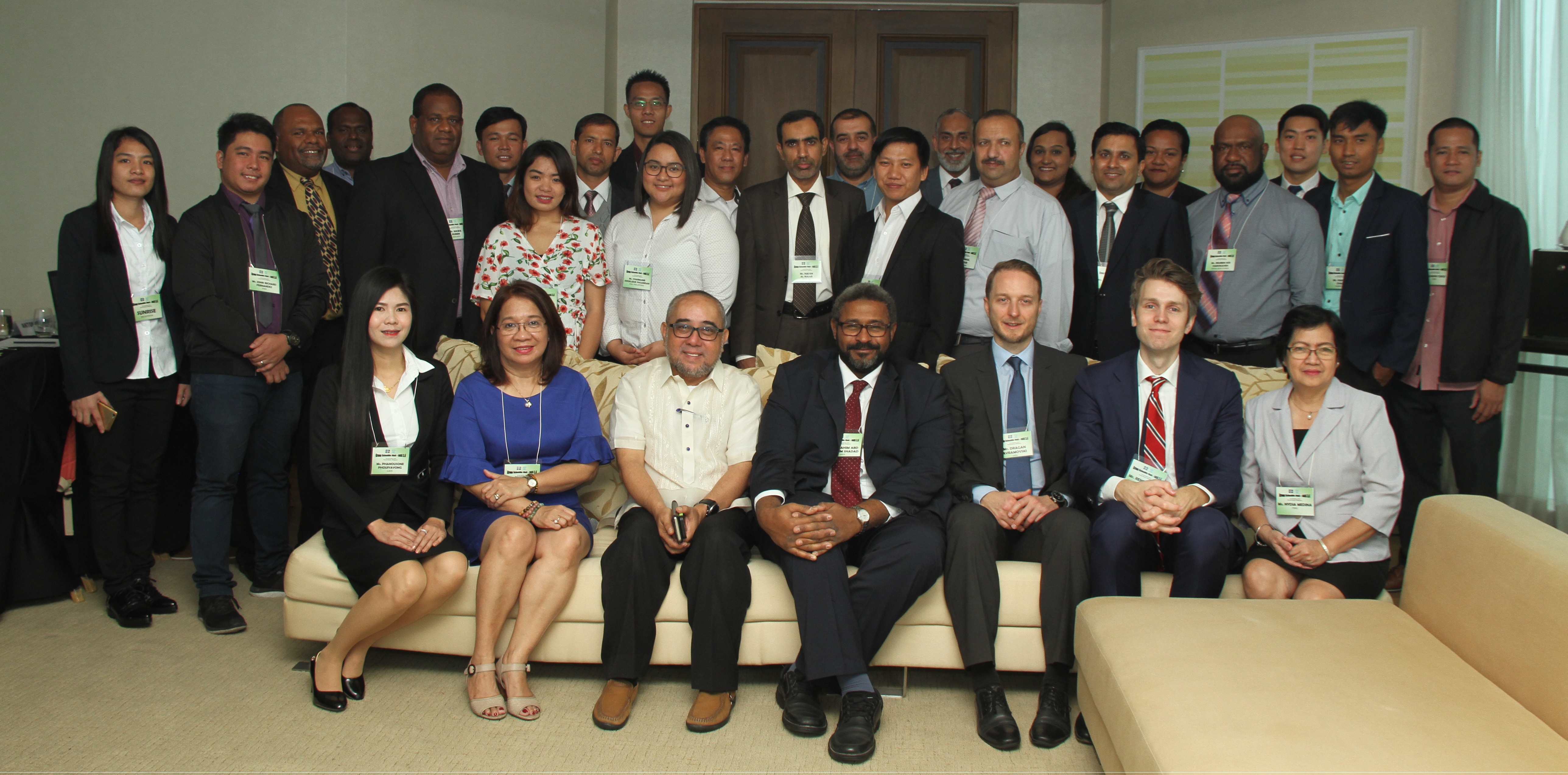
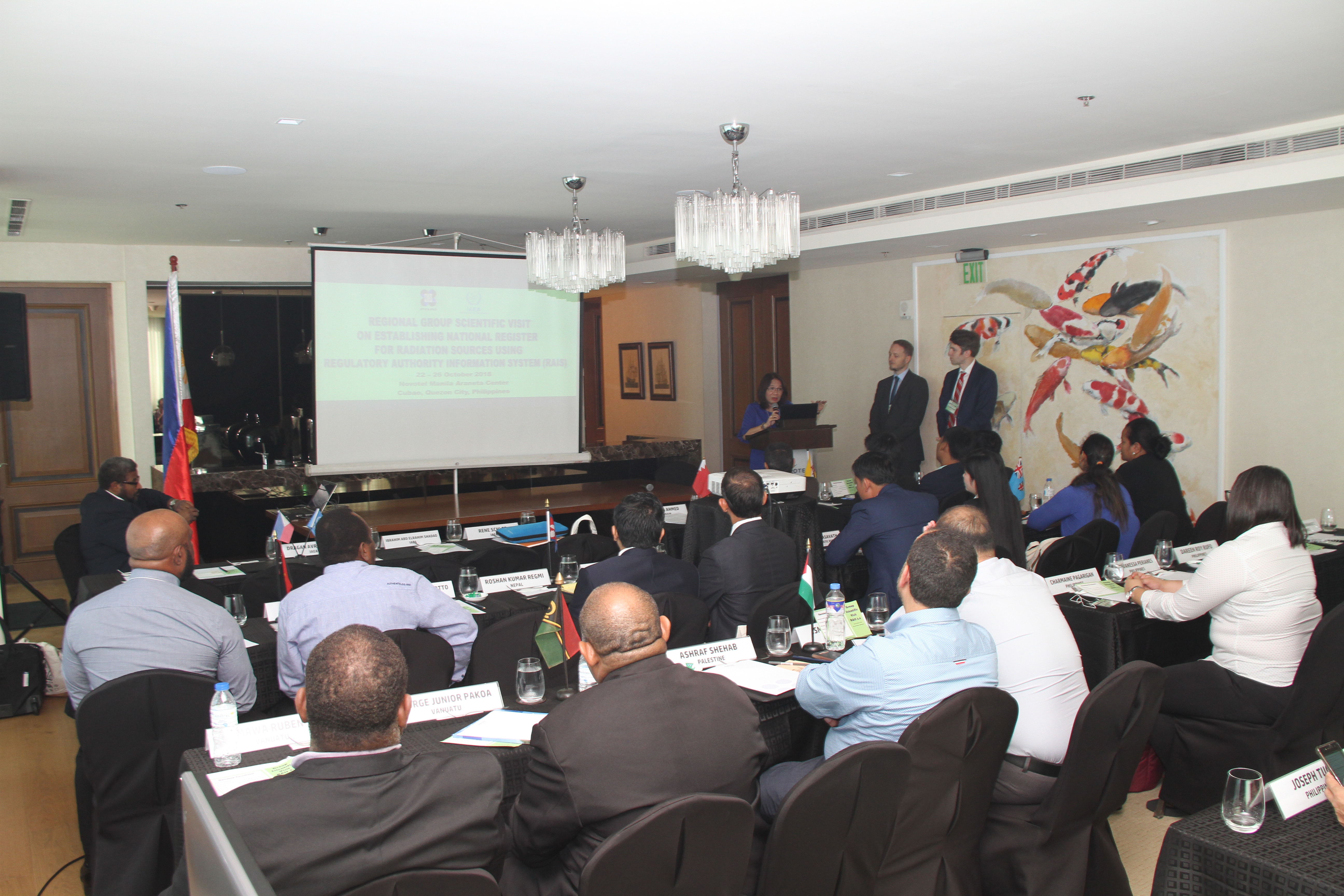
The Department of Science and Technology - Philippine Nuclear Research Institute (DOST-PNRI) hosts several experts from the International Atomic Energy Agency (IAEA) as well as representatives from several countries in the Asia-Pacific region during the Regional Group Scientiic Visit on Establishing National Register for Radiation Sources Using Regulatory Authority Information System (RAIS) from October 22-26, 2018 at the Novotel Manila Araneta Center in Cubao, Quezon City.
Follow-up Training Course on Environmental Radioactivity Monitoring
- Details
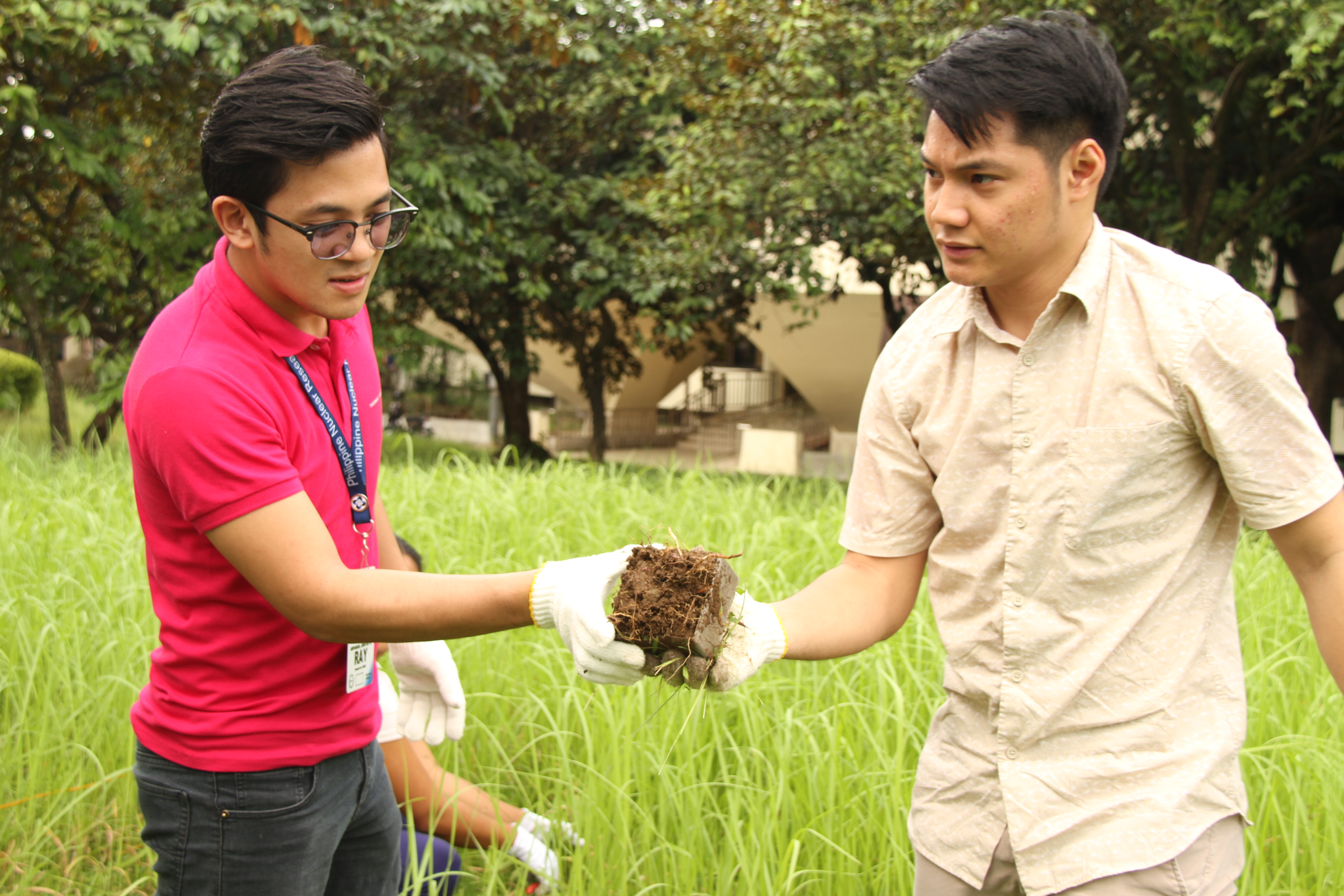
The Department of Science and Technology - Philippine Nuclear Research Institute (DOST-PNRI) in cooperation with the Japan Atomic Energy Agency (JAEA) conducts the Follow-up Training Course on Environmental Radioactivity Monitoring from October 22-26, 2018 at the PNRI compound in Diliman, Quezon City.
IAEA Regional Workshop on Self-Assessment for Emergency Preparedness and Response
- Details
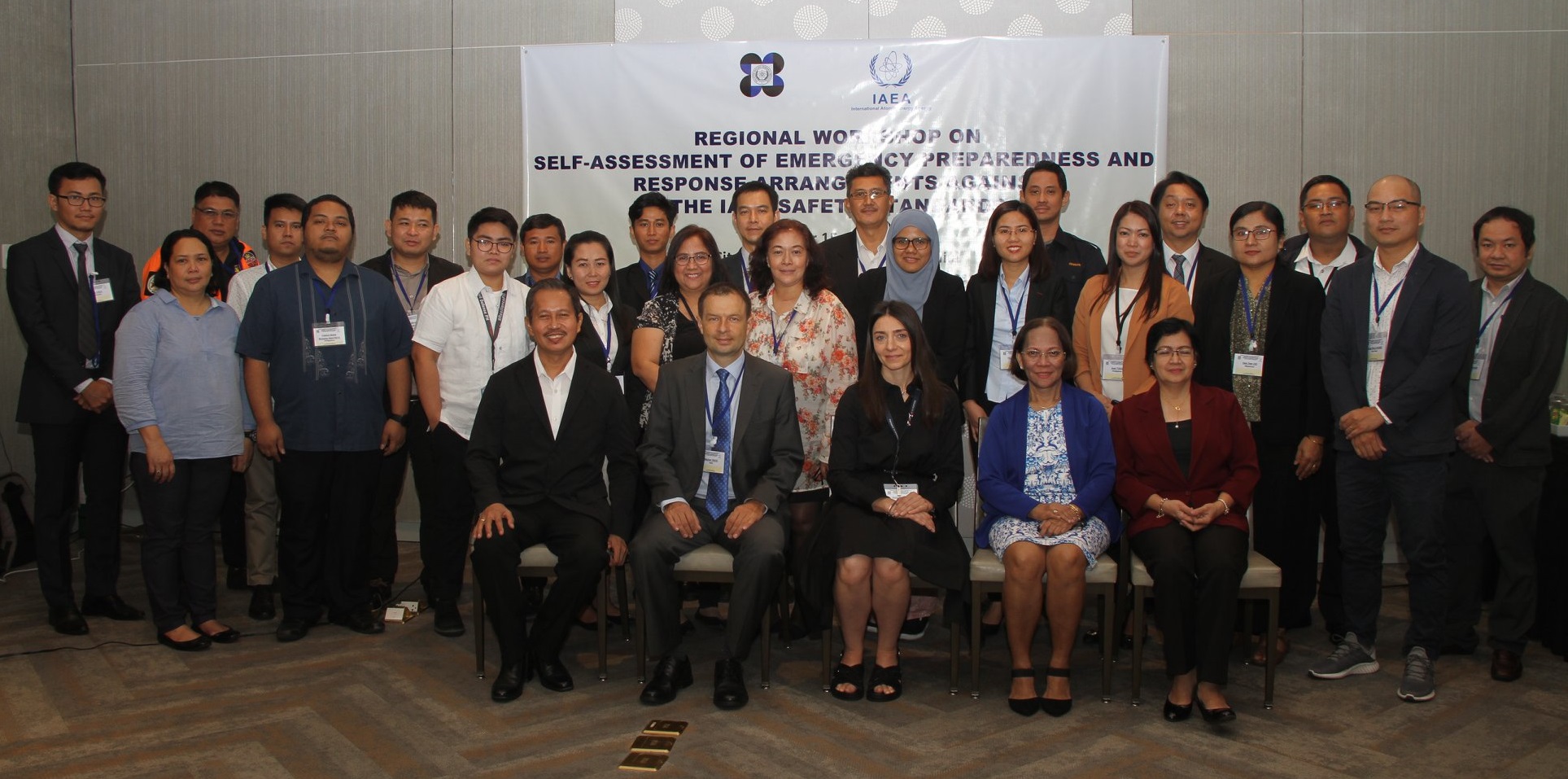
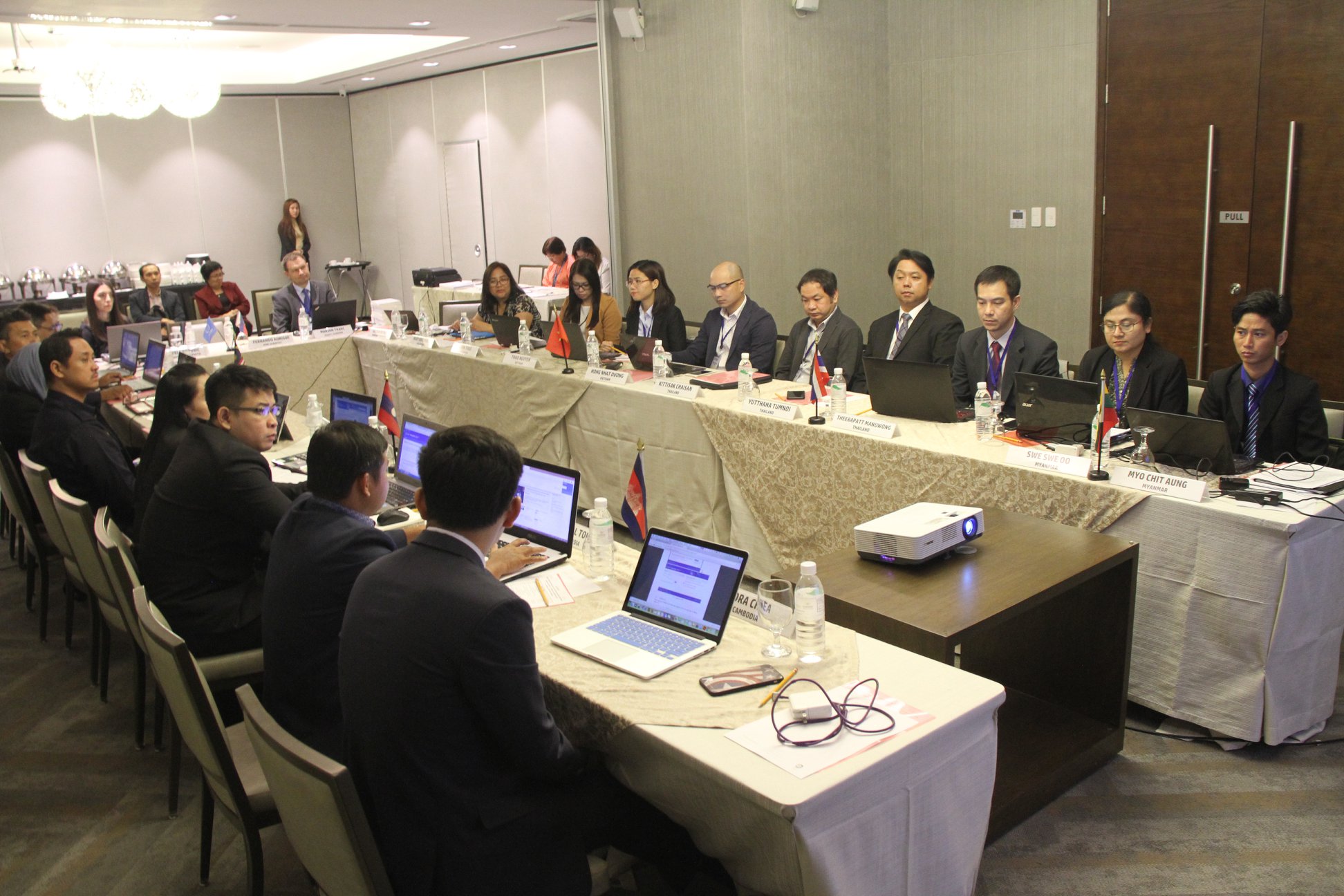
The Philippines, through PNRI, hosts the IAEA Regional Workshop on Self-Assessment of Emergency Preparedness and Response Arrangements Against the IAEA Safety Standards being held from October 15-19, 2018 at the Citadines Millennium Ortigas Manila, Ortigas Center, Pasig City.


























